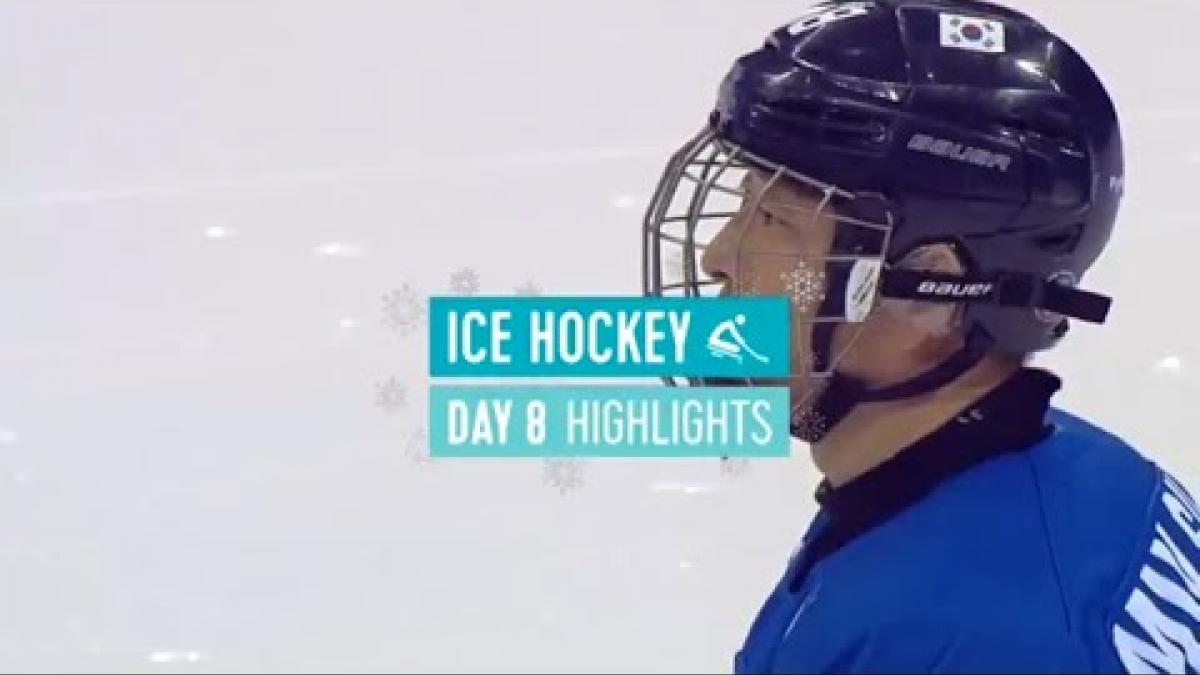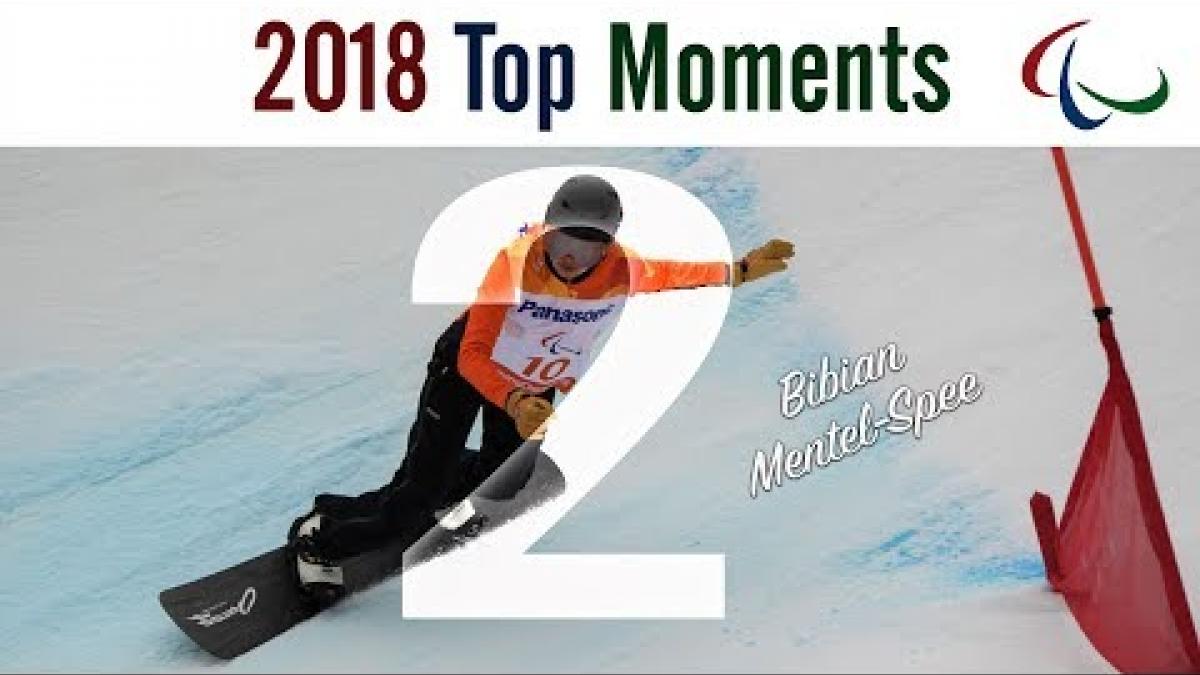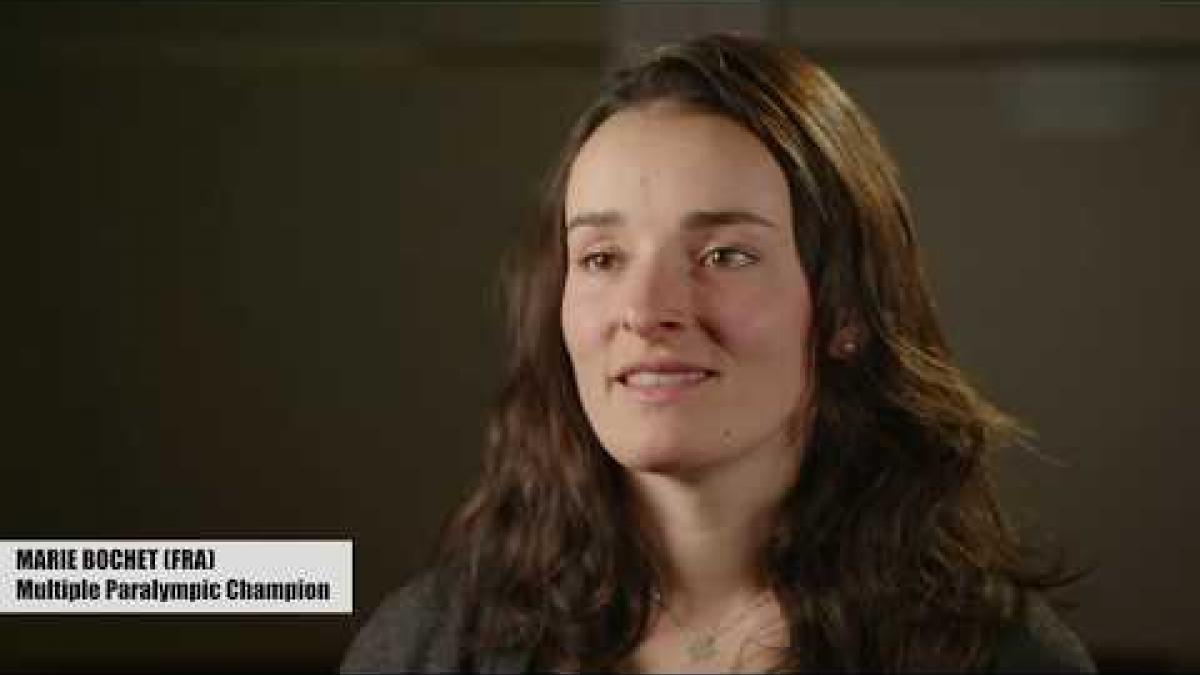PyeongChang 2018: Cristian Ribera rolls for glory
Youngest athlete at the Games dreams big in Brazil 15 Mar 2019“I hope I can serve as inspiration to people to come and practice sports or even in whatever activity they want to take on their daily lives. I’m really glad I took part in the Games.”
PyeongChang will always be a special place for a 16-year-old who had to travel more than 18,000km to compete in his first Paralympic Winter Games. Cristian Ribera surprised the world one year ago with his sixth-place finish in the cross-country 15km men’s sitting race, Brazil’s best result at a Paralympic or Olympic Winter Games. Since then, he has not looked back.
At the season’s opening World Para Nordic Skiing World Cup in Vuokatti, Finland in December he claimed Brazil’s first World Cup medals with a bronze in the cross-country middle distance and a silver in the short distance.
"My life has changed a lot, not only mine but also affected the people around me. Because of my result in PyeongChang, the pressure on my performance doubled," explained Ribera.
"However, since then, I have tried to improve my performance in each practice, with the goal of winning the long dreamed medal. My sixth place in PyeongChang brought me hope for bigger results."
Overcoming challenges
The Prince George 2019 World Championships would have been his first but a broken finger during training in Italy in January prevented Ribera from travelling to Canada in February.
“I watched it online as I wanted to see how the other athletes were performing. I really wanted to be there so I paid attention to every detail.”
The teenager obsession with winter sports still surprises many people in his hometown Jundiai.
“People are always asking me about how cold it is in the places I go to. They are also curious about the sport and what I do to practice here since there is no snow.”
Cross-country contender
Ribera literally rolled to success. He was introduced to the sport in a project of the Brazilian Snow Sports Federation (CBDN) supported by the Agitos Foundation that invited Para athletes to try out roller skis.
“One day we had a cross-country skiing experience. In that first practice, I was one of those chosen to continue training for them. I'm very grateful for that.
“I like this sport because it is very competitive, very strategic and requires a lot of athleticism. When I practice cross-country, I feel free.”
Being in a different hemisphere brings other challenges for the teenage talent besides the warmer temperatures.
"Here in Brazil, summer is from December to February – in that period, I'm almost always on holidays of studies. But then I take the summer holidays to train with roller skis and get prepared for the winter season abroad. In other words, almost no rest.”
CBDN’s initial project was aimed at having a Brazilian in medal contention at the 2030 Winter Paralympics. Ribera forced the whole planning to change.
The new target is Beijing 2022 and Ribera dreams of more than a medal.
“There is still prejudice in Brazil [towards people with an impairment] but it is getting better. PyeongChang helped me showing that anything is possible and anyone can do it.
“I hope I can serve as inspiration to people to come and practice sports or even in whatever activity they want to take on their daily lives. I’m really glad I took part in the Games.”








